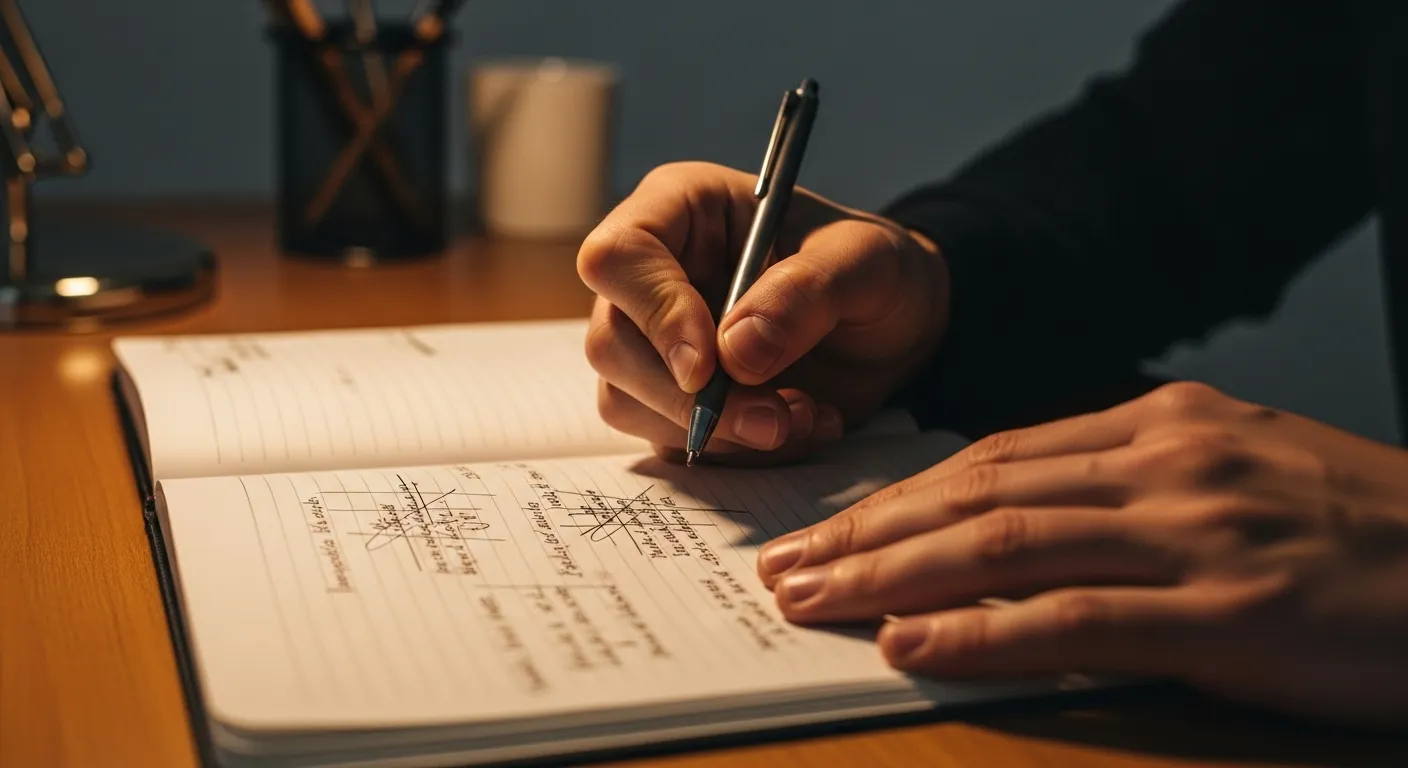
Mental Tools for a Focused Mindset
Building rituals is a powerful external strategy. But to make focus sustainable, we also need to upgrade our internal operating system. Our mindset—the way we think about work, perfection, and setbacks—plays a huge role in our ability to concentrate. Here are three thought tools to help you cultivate a more focus-friendly mindset.
1. Reframe Perfectionism as Procrastination
Perfectionism sounds like a noble trait, but it is often a significant barrier to focus. The desire to do something perfectly can be so intimidating that it prevents us from starting at all. We wait for the “perfect” time, the “perfect” idea, or the “perfect” mood. While we wait, we procrastinate, often by filling our time with easy, distracting activities. This is not the productive, creative boredom we are aiming for; it is anxious avoidance.
The Mindset Shift: Instead of “This has to be perfect,” try “This has to be done.” Give yourself permission to produce a “terrible first draft.” The goal is not to lower your standards forever, but to lower the barrier to entry. Action creates momentum. It is far easier to edit a flawed document than it is to stare at a blank page. Remind yourself that progress, not perfection, is the goal. By starting, you engage with the task and create the opportunity to enter a flow state. Imperfect action is infinitely more productive than perfect inaction.
2. Intentionally Reduce Friction
Our brains are wired to follow the path of least resistance. If checking social media is easy and starting your big project is hard, your brain will choose social media every time. The key is to make your desired behavior easier and your distracting behaviors harder. This is not about willpower; it is about smart environmental design.
The Mindset Shift: Instead of asking, “How can I have more self-control?” ask, “How can I make this easier for my future self?” If you want to focus on writing in the morning, prepare your workspace the night before. Open the document, place a glass of water on your desk, and close all other applications. To make distractions harder, move your social media apps to a folder on the last page of your phone. Use a website blocker during your deep work sessions. Unsubscribe from noisy email newsletters. Each tiny piece of friction you remove from your desired path and add to your distracting path makes it more likely you will follow through. You are not fighting your brain’s nature; you are working with it.
3. Script Your Reset After Derailment
No matter how good your systems are, you will get distracted. You will fall off track. This is not a failure; it is part of being human. The crucial moment is not the distraction itself, but what you do immediately after you realize you have been derailed. Many people fall into a shame spiral. They think, “I’ve ruined my focus for the day, so I might as well give up.” This all-or-nothing thinking is destructive.
The Mindset Shift: Create a simple, non-judgmental reset script for when you get distracted. It should be compassionate and action-oriented. For example, you could say to yourself: “Okay, I got distracted. That happens. Let’s take one deep breath and simply return to the task at hand.” Or, “That was not the plan, but I can still make the next ten minutes focused.” The goal is to close the loop on the distraction without judgment and gently guide your attention back. Each time you do this, you strengthen your “focus muscle” and prove to yourself that a single distraction does not have to derail your entire day. Compassion is a more effective tool for focus than criticism.


